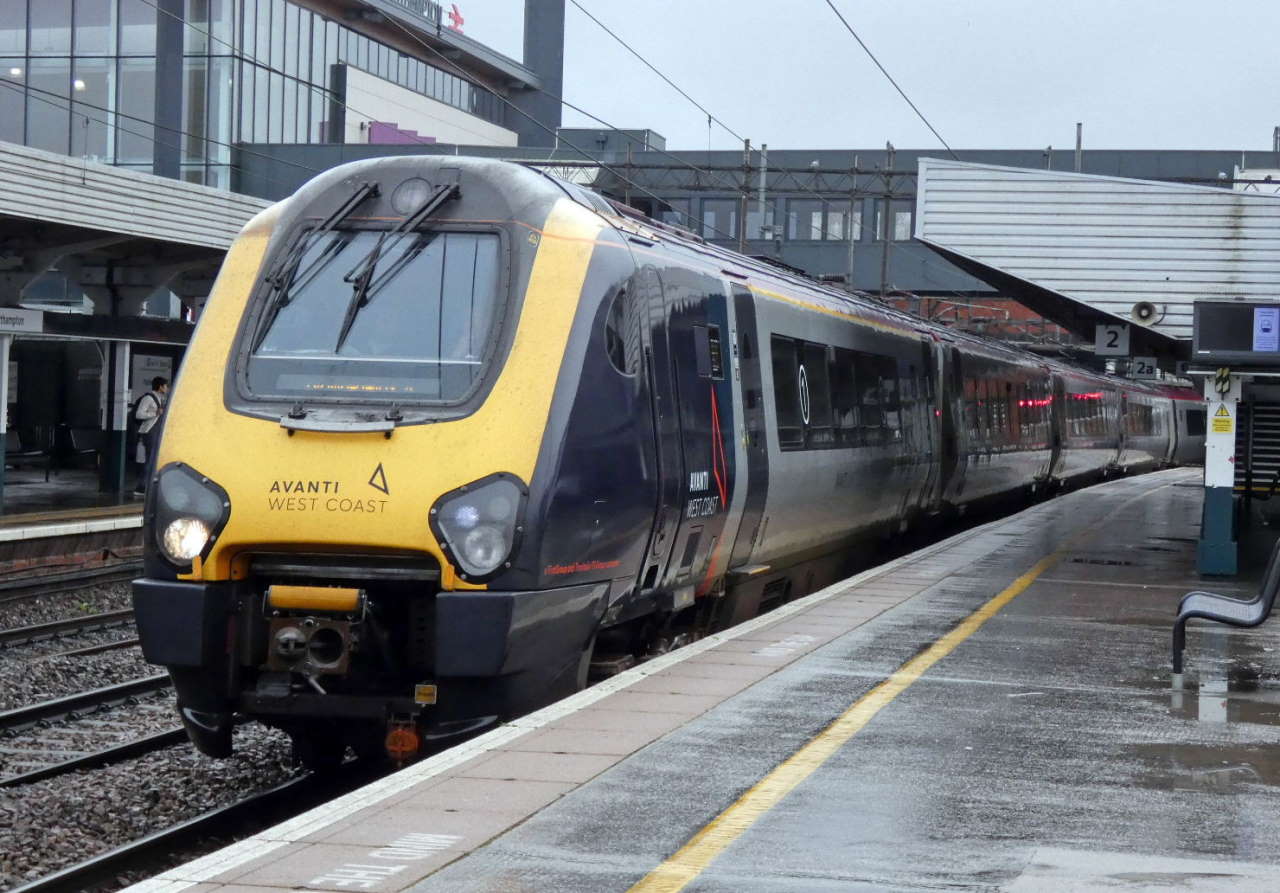The rail regulator has published official statistics showing that for the quarter October to December 2022, Britain’s railways saw 4.5% of all planned trains cancelled, the highest since the record began in 2014.
The number of trains arriving at station stops early or less than one minute after the scheduled time has gradually worsened throughout the year. In the latest quarter, only 62.3% of station stops were arrived at on time. This is 5.4% worse than the same period the year before (though still 2.9% higher than same quarter pre-pandemic, in 2019).
Pressure on the industry from industrial action continued this quarter, with ten national strike days. Some severe weather also impacted performance.
A quarter of the days (23 days) were classified as ‘severely disrupted’. Of the 4.5% trains where were cancelled, just over half (51.6%) had responsibility attributed to train operators, 27.1% to infrastructure and network issues, while the remainder were due to external factors such as severe weather or incidents such as a passenger falling ill on a train.
The Office of Rail and Road (ORR) has published cancellations statistics which show that Avanti West Coast (10.5%), CrossCountry (10.3%), TransPennine Express (7.7%), GTR (6.5%), and LNER (5.6%) cancelled the most trains on the day (excluding ‘P-coded’ pre-cancellations, where applicable) and Chiltern, Greater Anglia and c2c the fewest.
Avanti West Coast, CrossCountry and TransPennine Express also recorded the lowest ‘On Time’ scores of all franchised train operators.
ORR has assured passengers that it has been working to ensure that the rail industry addresses the root causes of poor train performance. It has requested and received regional performance improvement plans from Network Rail containing specific actions and milestones against which the regulator will assess progress.
ORR has also asked Network Rail to do further work to ensure there is a more resilient timetable that can be delivered every day. For longer-term sustainable improvement, ORR has been working with the Network Performance Board, which brings together Network Rail and rail operators, to promote best practice across track and train.
Feras Alshaker, ORR’s Director of Planning and Performance, said:“Our official statistics confirm that train reliability is not good enough. Even on non-strike days the number of trains being cancelled is too high and we know for some operators these figures will have been higher, due to pre-cancellations .
“There is no quick fix, but ORR is working closely with the industry to address these issues with train performance so that passengers can travel with confidence.”





Responses
Greater Anglia did have some issues including a signalling problem at Southend Victoria that caused massive disruption. At least c2c were allowing passengers with GA tickets. Going back couple weeks ago.
Last week a train didn’t stop at Walsall train station when it was supposed to